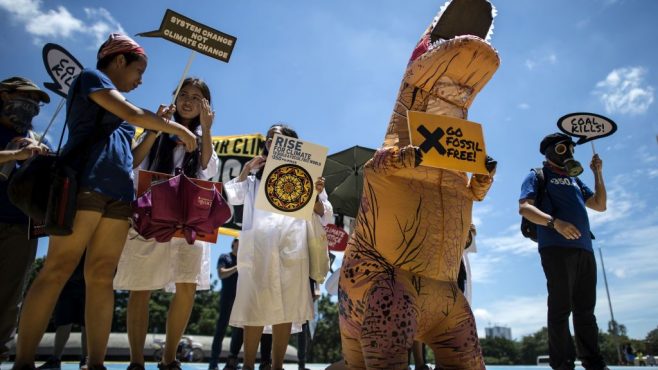In 2020, the share of renewable energy costing less than the most competitive fossil fuel doubled, reaching 62% or 162GW of total renewable power generation, reveals a report from the International Renewable Energy Agency.

New renewables projects from 2020 will save emerging economies $156bn (€131.61bn) over their lifespan as clean energy technologies increasingly undercut the operational costs of existing coal plants, the report states.

Discover B2B Marketing That Performs
Combine business intelligence and editorial excellence to reach engaged professionals across 36 leading media platforms.
The analysis shows that the cost of concentrating solar power fell by 16% in 2020, while the cost of onshore and offshore wind fell by 13% and 9%, respectively. The cost of solar PV declined by 7%.
Since 2010, the 534GW of renewable capacity added in emerging economies at lower costs than the cheapest coal option has reduced electricity costs by around $32bn every year.
Renewables present emerging economies tied to coal with an economically attractive phase-out agenda enabling the transition to a net-zero economy without compromising energy security, the report concludes.

US Tariffs are shifting - will you react or anticipate?
Don’t let policy changes catch you off guard. Stay proactive with real-time data and expert analysis.
By GlobalData


